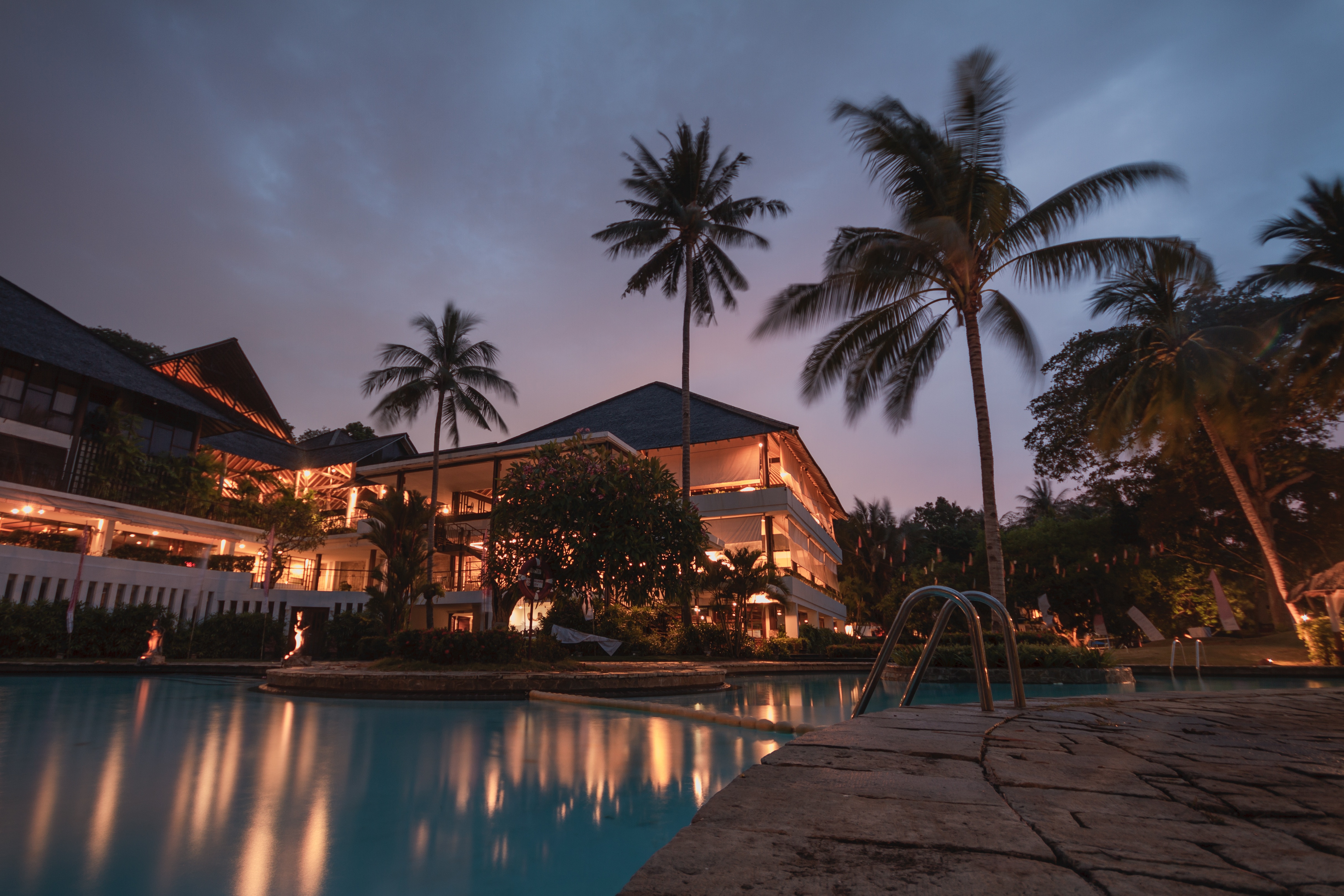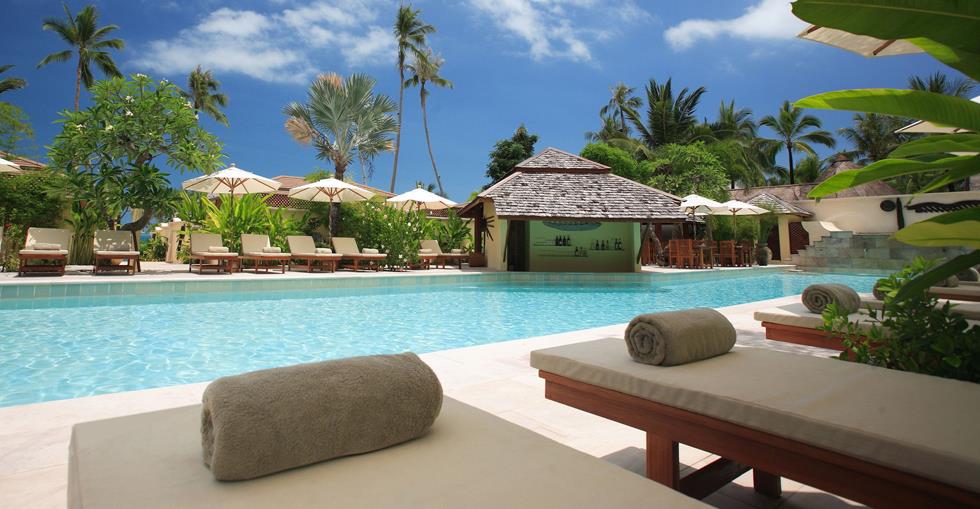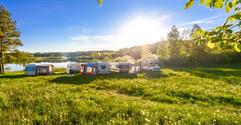Despite a general economic downturn in South Africa, tourism is on the rise and proving an invaluable contribution to the country’s now growing GDP.
South Africa is considered the world’s number one destination for adventure and its popularity as a tourist destination is growing. 10 million passengers went through Cape Town International Airport in 2016, a record-breaking figure.
Quality accommodation is therefore increasingly in demand and running your own hotel is a wise business decision.
Creating a concept
To build a successful hotel business you need to find the right concept and ensure that your hotel is unique. This helps set it apart from the competition and attract guests.
Photographer and designer, Guido Schoeldgen, had always wanted to create something extraordinary and bold.
Now the owner of luxury hotel, Days At Sea, he told us “I spent many years designing and doing art for hotels like the EAST in Hamburg but Days At Sea, is a hotel I designed and built myself. It is an artist's retreat on South Africa's south coast with warm oceans, monkeys and the everlasting sound of waves.”
Jody Aufrichtig first ventured into hospitality by renting out apartments on Long Street, Cape Town, but his journey into the hotel sector started when he built a building and then had no idea what to do with it.
"We built a building in long street in Cape Town and had absolutely no idea what to do with it. So, we thought let's create a hotel. Sometimes in business you just have to take a chance, jump in and run with it." he told us.
This was the beginning of Daddy Long Legs, a boutique art hotel which attracts a creative crowd, with each room decorated by designers and artists.
Jody told us "a lot of the rooms are quite extreme. One room has astro turf on the floor and braille on the wall. It has a wooden karaoke machine and a waterproof microphone in the shower. You need to do something different to compete with the bigger hotel chains”.
Jody went on to explain that the bigger hotels have “phenomenal budgets” so his advice to smaller independent projects is to “choose a differentiating factor and focus on that”.
So, you have a unique idea, and have thought about how you will attract guests but what practical steps should you take next?
Developing a solid business plan
Once you have your idea the most important part of establishing a hotel business is having a strong business plan.
Guido told us that financing was a challenge for him but having a proper business plan enabled him to get the funding that he needed.
The core things to focus on within your business plan are:
- Cover the main points of your business, but don’t go into too much distracting detail. This is a sales document to showcase the potential of your idea. Show you have fully thought it through, but also be concise.
- Talk about your short-term immediate goals as well as describing your long-term plan and overall ambitions.
- Do acknowledge your competitors and explain how you will beat the competition. Do mention what makes you stand apart.
The importance of location
Location is often the most obvious way to set your hotel apart from the competition, whether it’s in an area of outstanding natural beauty, or in the thick of city life and near cultural hot spots.
Choosing the right location is often the most important decision, and the easiest way to ensure guests.
Guido told us that “location was the most important thing for me. Days At Sea is located in one of the most beautiful spots you can imagine, situated on an unspoiled endless beach.”
When people are on holiday they want a special experience, something they can’t get at home, whether that is proximity to nature or proximity to city life. If you choose the right location you are already offering guests a large part of what they want and expect.

Legalities
As with starting any business you must consider the legal hurdles that may prevent your hotel idea from blossoming.
This can be a daunting prospect but you must address each potential problem and tackle them head on, one by one, before progressing.
The legal areas to consider before proceeding are:
Land ownership
Who owns the land your hotel resides on? Are they legally allowed ownership, and if buying, are you? Does the hotel need to be registered?
Partnerships
Are you going into business with a partner, if so do you have a binding partnership agreement? Are you sure of the exact terms and expectations of this partnership?
Tax and exchange rates
What taxes will you have to pay? What currency are payments to be made in?
Legal dispute resolutions
Are there any outstanding legal disputes linked to your business or the hotel property?
Anti-corruption laws & trade sanctions
Are there any other laws that could affect the successful running of your business?
Guido had his own legal problems to overcome “legal restrictions depend on the building guidelines and the zoning. It took a long time to be where we are now” he said.
Giving his invaluable advice for others thinking about investing in the hotel sector, he admitted that it may be in their best interest to buy a pre-existing hotel rather than start from scratch.
“I believe for entrepreneurs wanting to get into the hotel business, if you find a hotel for sale that you like - buy it! It’s much easier than going through planning and building.”
If you are unsure about the legal aspects of running a hotel, it is best to call in an expert who can guide you through the process of ensuring your business is sound and legal, and who can warn you of any potential pitfalls before you invest too much time and money.
Running a successful hotel
Once you have your unique idea, your perfect location, and a well-thought out business plan you face the challenge of running your hotel successfully.
After only one year of running, Guido’s Days At Sea hotel was voted as one of the top 100 most beautiful hideaway hotels in the world.
Guido attributes his quick success to the fact that he designed the hotel taking inspiration from around the world.
He also pointed out that European standards have become commonplace for luxury hotels in South Africa. “In South Africa, they now expect European standards. They have a system and a computerized list of 1001 points, and they take away stars from establishments who do not comply, so it’s very important to get it right.”
It seems then that not only must you offer something special and unique, but you must also run your hotel to the highest standards – your guests expect the best.
Jody also advises “put energy into what you create then guests will feel it and fun will be part of their experience."
Marketing your business
Online marketing is key to hotel success, 90% of all hotel bookings begin online. In a competitive market a website, and other online platforms, help build a brand and attract guests to your hotel.
Your website and online presence must reflect the quality of your hotel and what makes it unique.
“Online presence is the most important marketing tool, 70 % of our guests come via the website and our online presence” says Guido
Social media also has a huge part to play; on social media sites, you can host adverts, promotions and, increasingly important, host customer reviews.
Jody also puts emphasis on the power of internet marketing, "focus on internet marketing and social media marketing, do your numbers properly and have fun”.
Ready to sell? You are just 10 minutes away from advertising your business to 1.3 million prospective buyers. List your business today.




